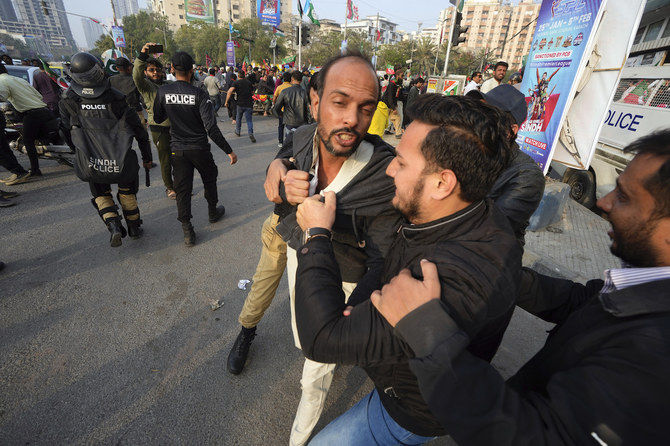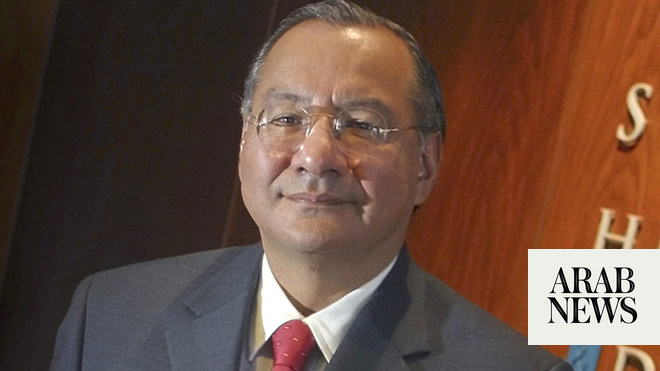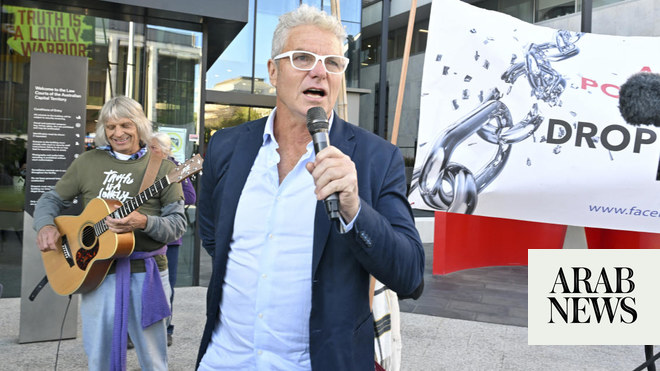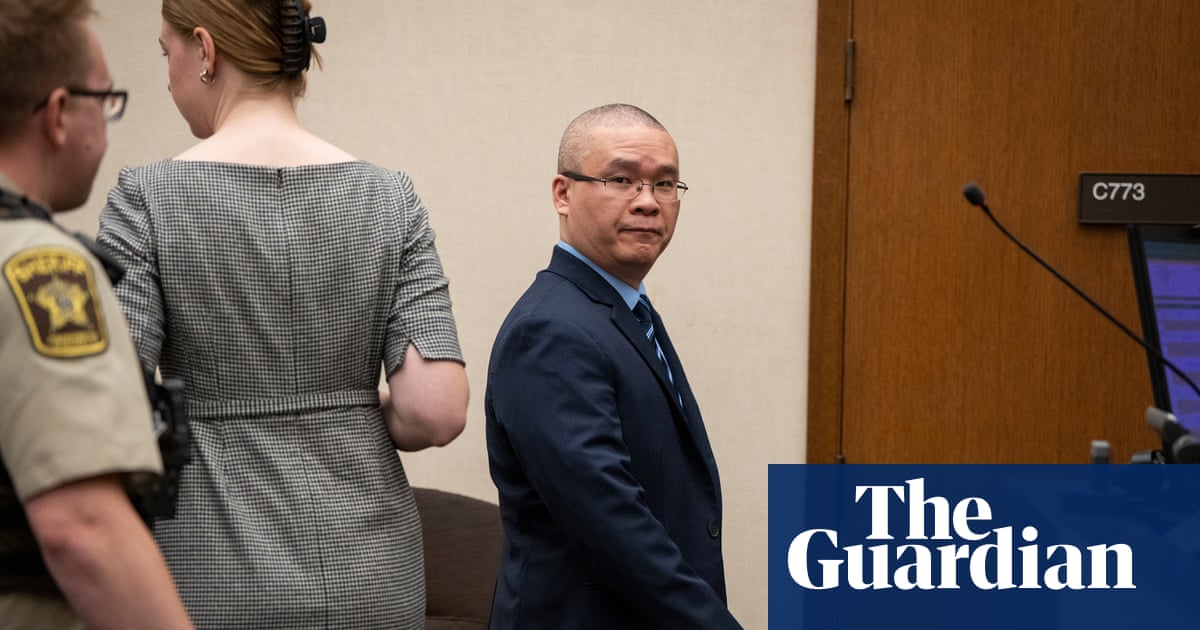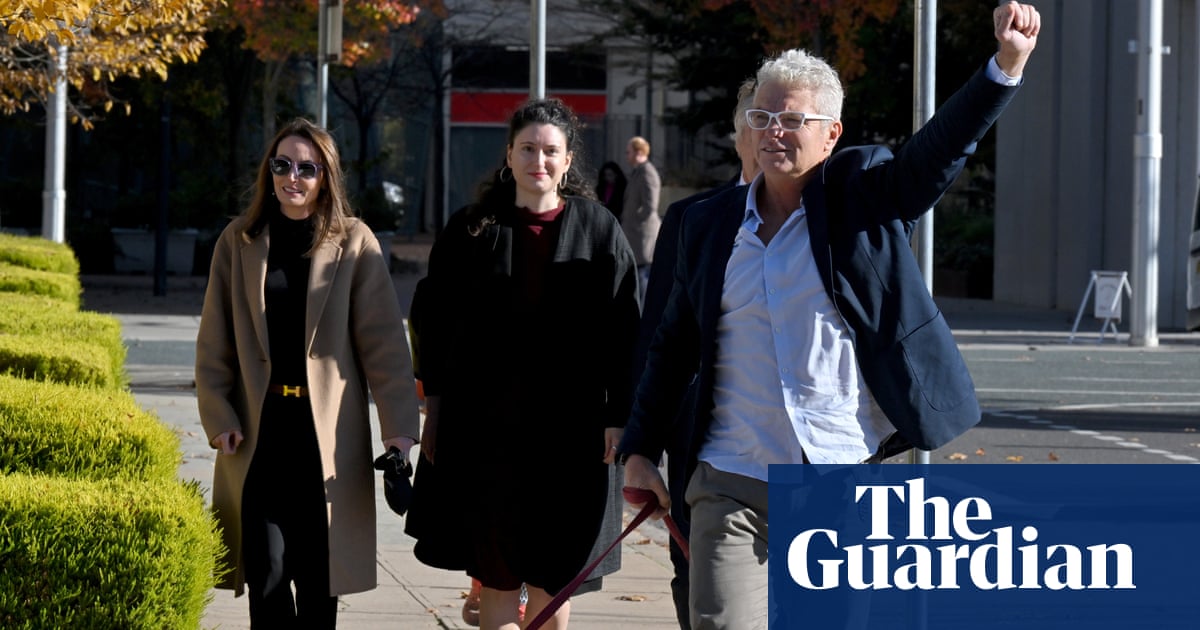
The former army lawyer David McBride has been sentenced to a maximum five years and eight months in jail for his role in stealing secret defence documents about the Afghanistan war and leaking them to the media.
The ACT supreme court justice David Mossop delivered his judgment on Tuesday, sentencing McBride to a non-parole period of 27 months.
McBride’s lawyer Mark Davis immediately said the defence was preparing to appeal the convictions on the basis McBride believed it was his duty to release the information in the public interest.
McBride pleaded guilty to three charges in November after the court upheld a commonwealth intervention to withhold key evidence the government argued had the potential to jeopardise “the security and defence of Australia”. The charges included stealing commonwealth information and passing that on to journalists at the ABC.
The judge on Tuesday said he ultimately believed McBride was of “good character” but he appeared “to have become obsessed with the correctness of his own opinions”.
Mossop said the lawyer’s actions were driven by “misguided self-belief” and “he was unable to operate within the legal framework that his duty required him to”.
McBride collected mostly secret military information over an 18-month period in 2014 and 2015 and handed it to journalists at the public broadcaster. The material was used as the basis for an investigative series exposing war crimes committed by Australian defence personnel in Afghanistan titled The Afghan Files.
In a sentencing hearing last week, the commonwealth indicated it wanted McBride jailed for more than two years over his “deceptive” behaviour.
The court heard a total of 235 documents were taken by McBride from defence offices – mostly in the ACT – between May 2014 and December 2015 with 207 of them classified as secret and some marked as cabinet documents.
His counsel Stephen Odgers argued that McBride came to believe the ADF adopted a policy of “excessive investigation of soldiers” around 2013 to compensate for earlier war crime allegations levelled against Australian special forces soldiers that had been made public.
McBride believed those within the “highest levels” of the military had concocted a “PR exercise”, the court heard.
Odgers argued McBride didn’t think he was committing an offence, that his decision-making was impacted by poor mental health and post-traumatic stress disorder (PTSD) and that the risk of the documents being released to others beyond the journalists he gave them to was low.
The judge on Tuesday said there were three main risks: the removal, transportation and storage of secret documents; the disclosure of those documents to three journalists; and the publication of those documents on McBride’s blog in 2016.
Mossop said the commonwealth had argued the disclosure of such documents could harm Australia’s standing with “foreign partners” resulting in them sharing less information. The copying of documents and lax storage of them – such as being kept in storage tubs – could lead to them being accessed by foreign intelligence officials, the court had been told.
But Mossop noted the Australian defence force had “taken no steps” to investigate whether any of the risks had eventuated and there was no evidence to suggest they had.
The courtroom erupted with shouting as the sentence was delivered on Tuesday, with some of McBride’s supporters yelling “shame on you” and “shame on the court”.
Mossop had previously told people interjecting during his sentencing remarks “if you don’t be quiet I’ll clear the court”. Shouting continued as Mossop left the courtroom.
Before McBride was taken into custody, he hugged family members and friends, including his ex-wife Sarah who said it was a “bitter pill to swallow”.
Outside court, Davis said an appeal would be launched against Mossop’s judgment on the basis that McBride felt it was his duty to reveal the documents to the public.
“We think it’s an issue of national importance, indeed international importance, that a western nation has such a narrow definition of duty,” he said. “We say David McBride fulfilled his duty.”
Kieran Pender, a senior lawyer for the Human Rights Law Centre, said it was a “dark day” for Australian democracy.
“The imprisonment of a whistleblower will have a grave chilling effect on potential truth-tellers. Our democracy suffers when people can’t speak up about potential wrongdoing,” he said.





